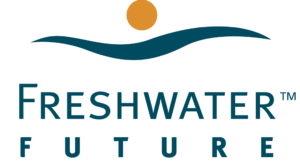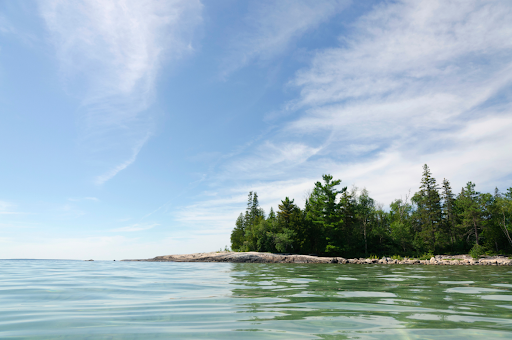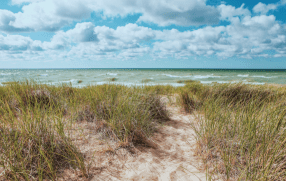Detroit Neighborhoods Using Flood Focus App
Last July, six inches of rain inundated Detroit, leaving many neighborhoods with flooded streets and basements. This summer, groups like the West Grand Boulevard Collaborative and others are working with Freshwater Future to use the Flood Focus App to collect data on flooding after rains. Stay tuned for updates on community partner groups working with Freshwater Future using this innovative tool.
Meet One of Our Spring Project Grant Recipients: West Grand Boulevard Collaborative
Reducing runoff from rain events spurred the West Grand Boulevard Collaborative to install a rain garden at their neighborhood branch of the Detroit Public Library in 2010. With the increasing severity and frequency of rain storms, they are working to reinvigorate the rain garden and engage youth in a project to create a beautiful and sustainable community.
View the full list of 2022 grantees on our website.
Flint Community Lab Video
ThermoFisher Scientific recently highlighted the McKenzie Patrice-Croom Flint Community Lab in a story video. Watch “Turning the Taps on Without Fear: Going a Step Beyond Means Returning Hope to the Community of Flint, Michigan” here.
Clean Water Act on the U.S. Supreme Court Docket
An Idaho couple’s challenge of Clean Water Act protections will be decided by the U.S. Supreme Court later this year. The Sacketts received a compliance order from the U.S. Environmental Protection Agency after filling in wetlands on their property that flowed into a large lake also used for the town’s drinking water. Access to clean water is essential for public health and safety. If the challenge succeeds it would radically limit which water systems are protected under the Clean Water Act, weakening this important federal law that keeps our waters free from harmful pollution and safeguards our country’s infrastructure against the dangers of climate change. To learn more about this pending case, check out our blog post.
Pipeline Required to Submit More Information for Tunnel Permit
Last week during a meeting of the Michigan Public Service Commission (MPSC), commissioners voted to reopen the Line 5 tunnel proposal requesting crucial safety details that were not included in the proposal. A recording of the meeting can be found here. From the large crowd, many gave public comments, and every single speaker talked about the harm that Line 5 has and will continue to cause to our environment and economy. Speakers brought up the 1.1 million gallons that the Canadian oil company has already spilled into the Great Lakes system, the devastating climate impacts of fossil fuel usage, and the Indigenous rights violations caused by the pipeline. We appreciate the work of the groups and many of Michigan’s Indigenous communities leading the campaign against Line 5 in the Great Lakes. Stay tuned for opportunities to take action regarding Line 5 and permit decisions.








